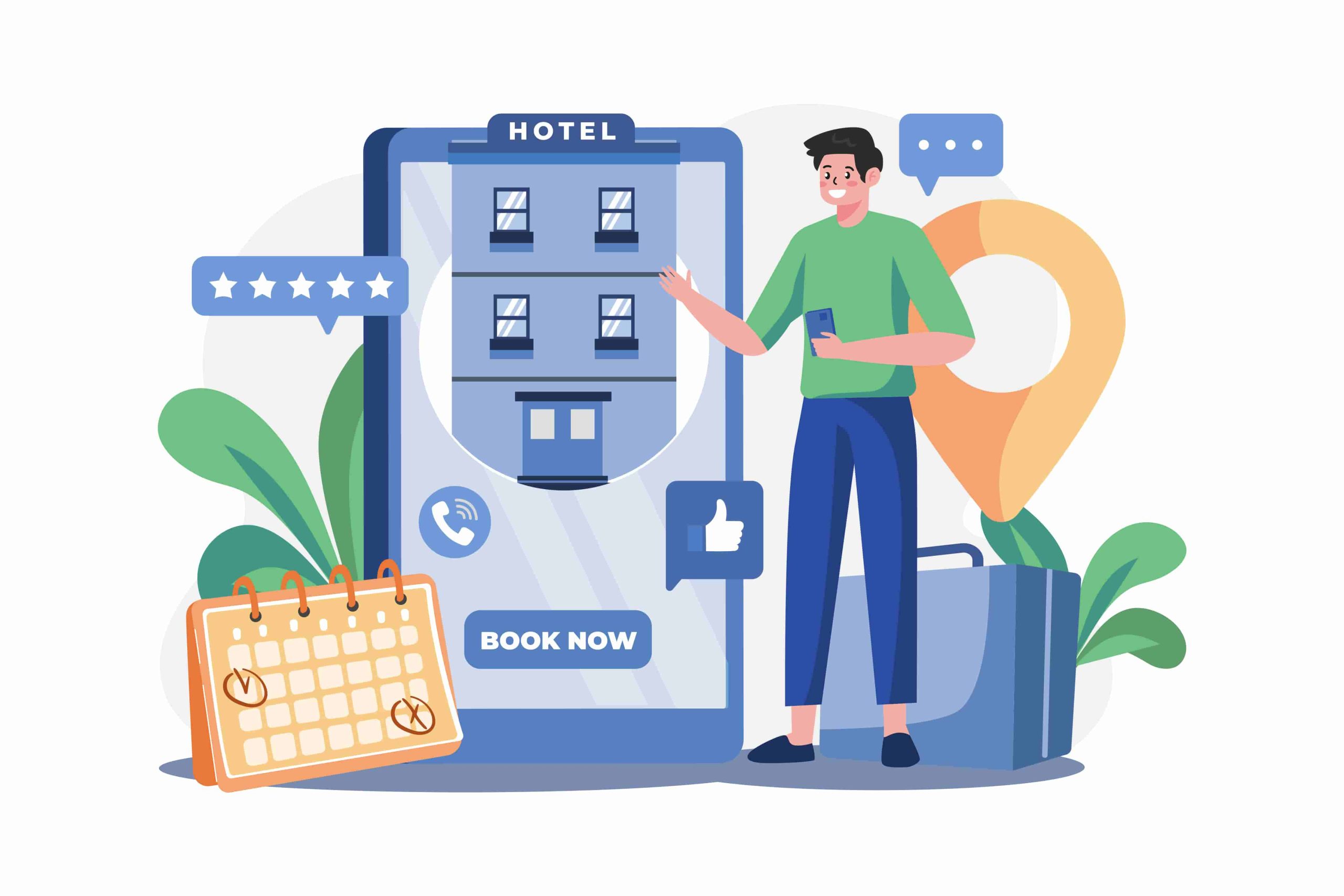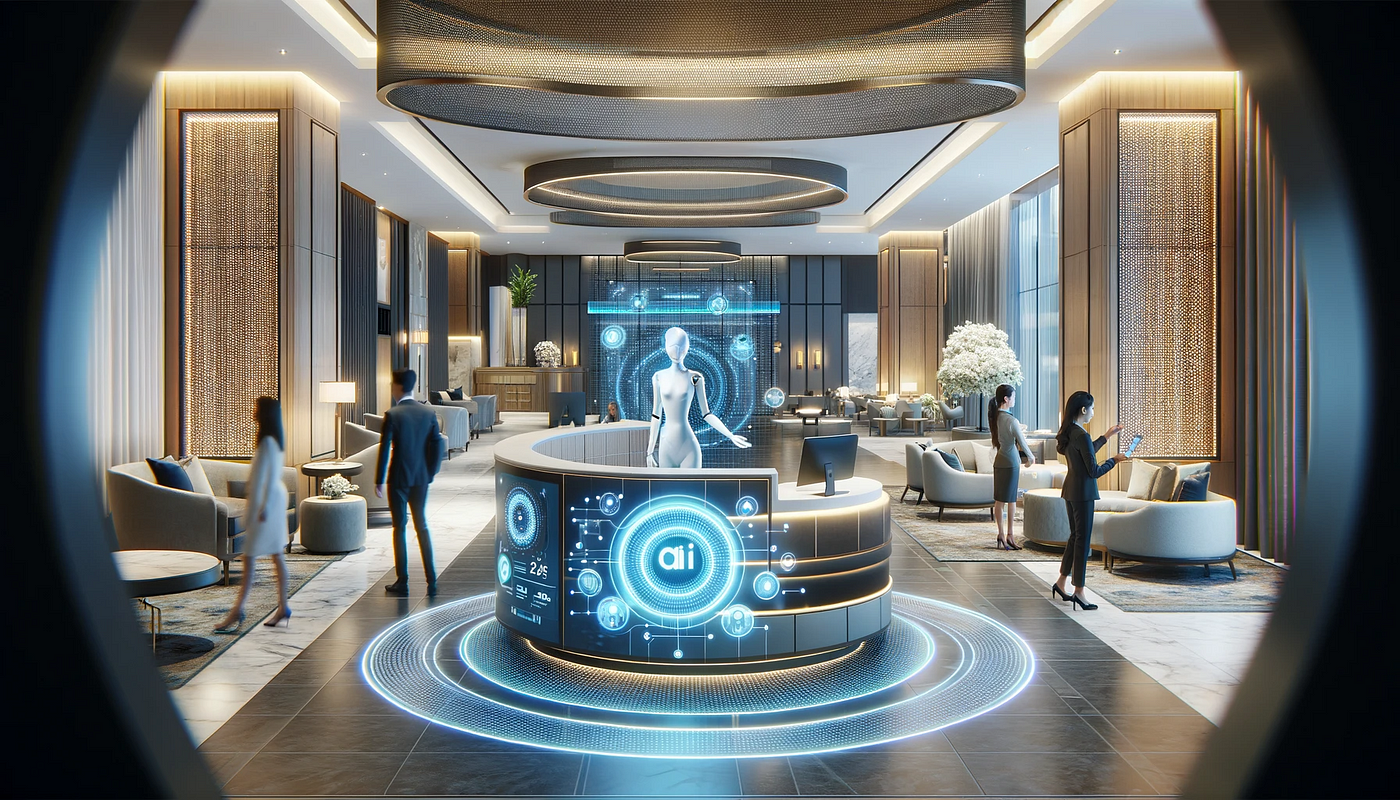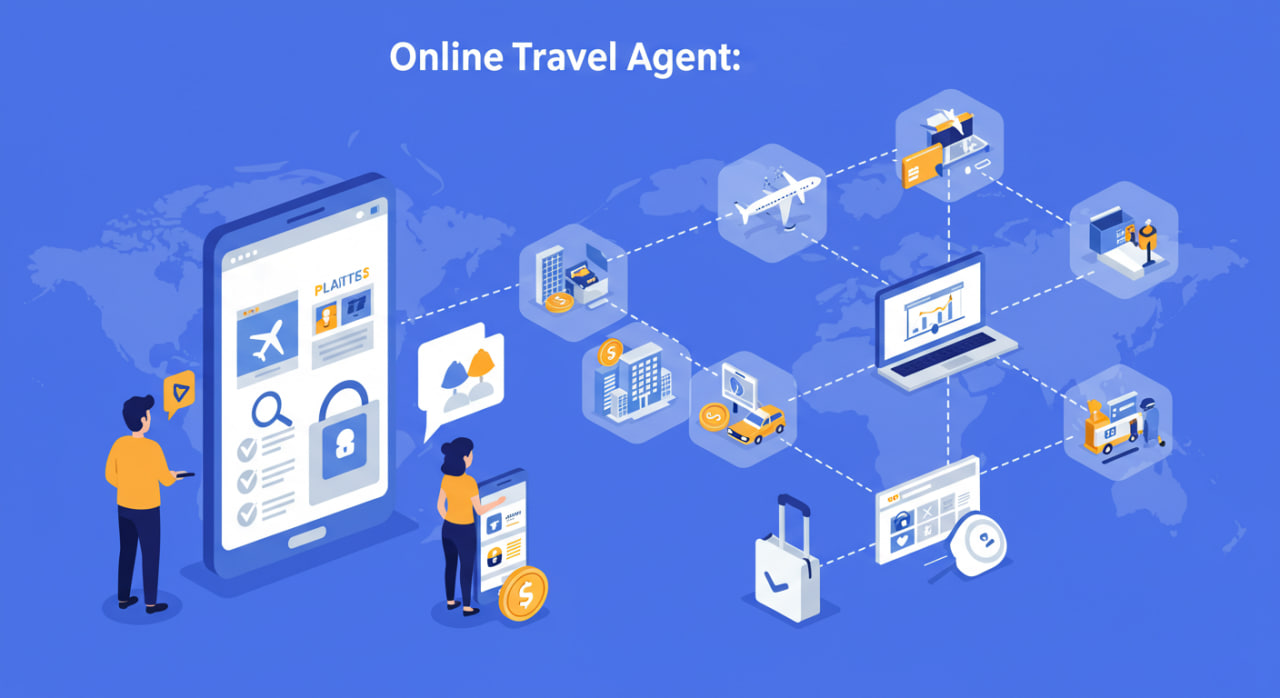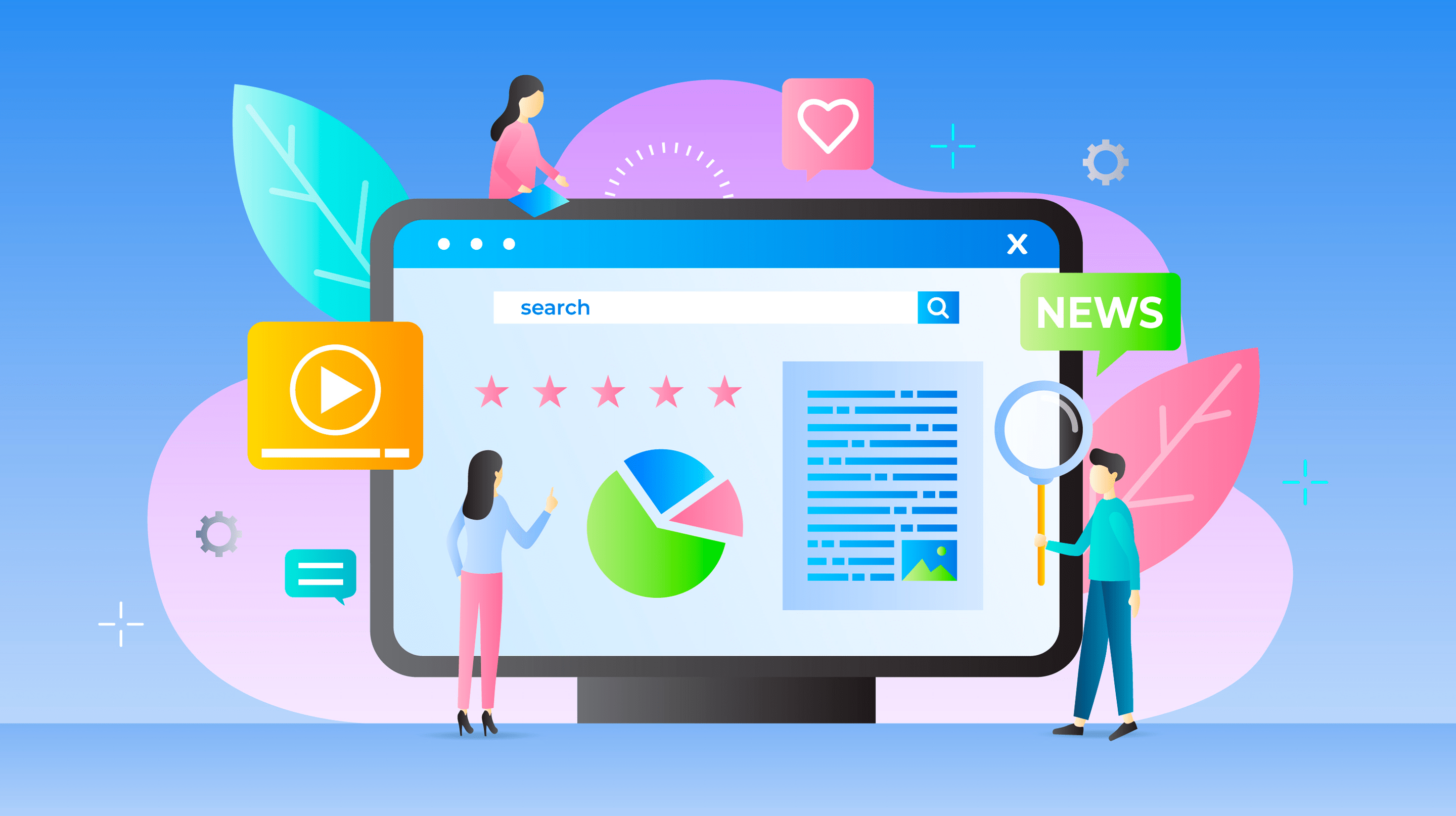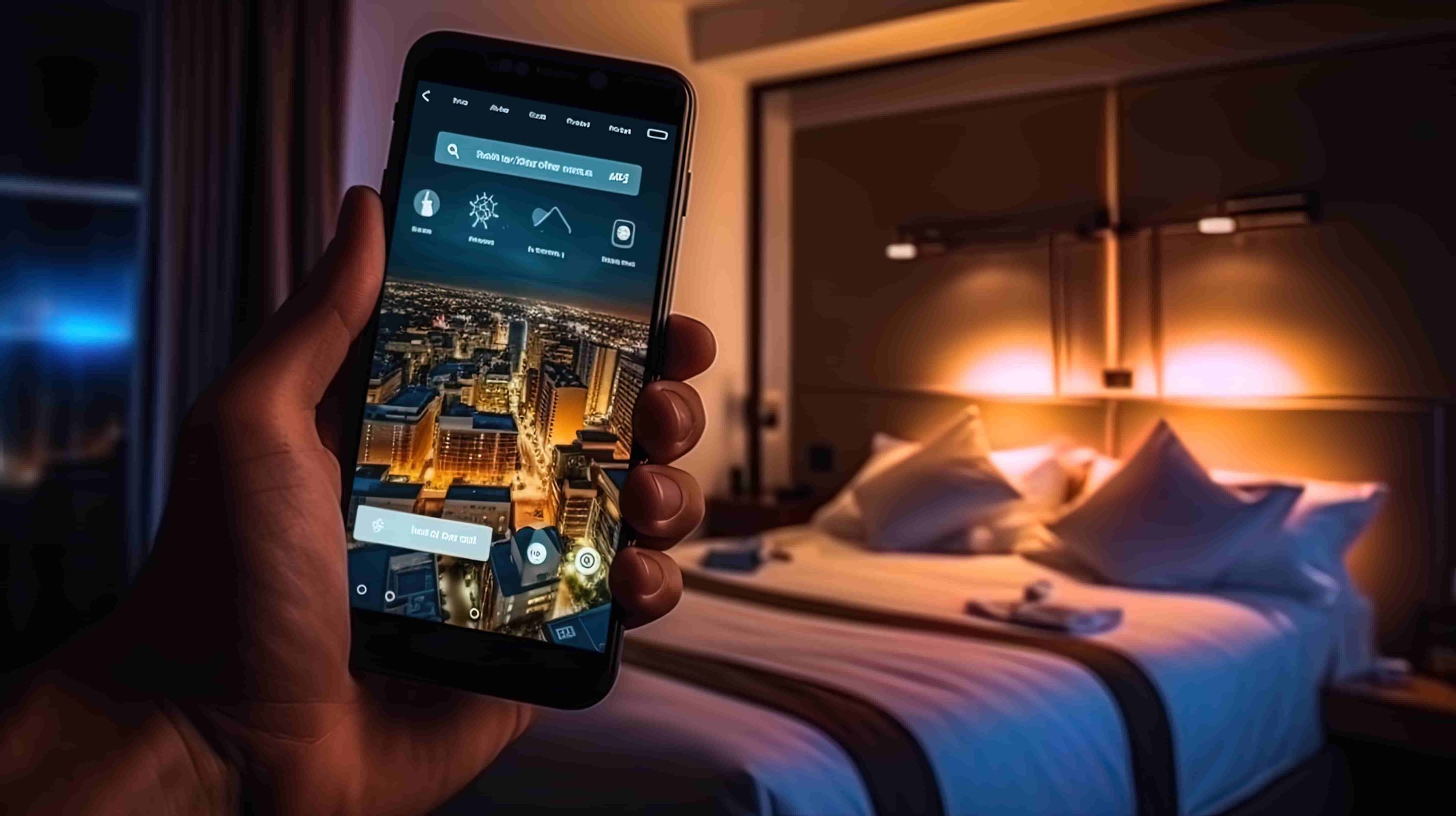The hospitality industry is rapidly embracing technology to meet evolving guest expectations and streamline operations. Among these advancements, AI-powered service apps are at the forefront, transforming hotel operations with automation and personalization. From optimizing check-in processes to enhancing communication between staff and guests, AI is reshaping the way hotels deliver services, enabling higher efficiency and improved customer experiences.
Key Areas Where AI-Powered Apps Improve Efficiency
1. Streamlined Guest Check-In and Check-Out
AI-powered service apps simplify guest arrivals and departures through contactless processes, such as mobile apps or self-service kiosks. Guests can verify their identity, complete registrations, and access digital room keys with minimal effort, while AI handles ID verification and room allocation securely. Similarly, check-out is automated with accurate billing and seamless payment options, allowing hotels to reduce queues and enhance convenience for travelers.
2. Personalized Guest Experiences
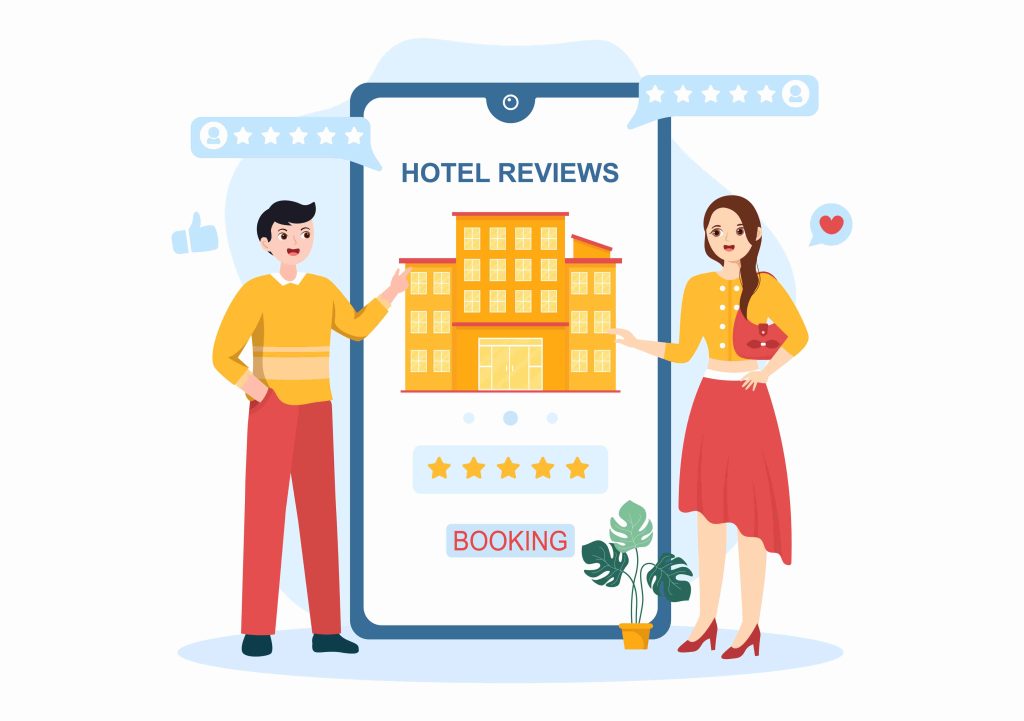
Personalization is key to modern hospitality, and AI excels in tailoring services to individual guest preferences. By analyzing data such as past bookings and feedback, AI-powered apps recommend suitable room types, dining options, or local attractions. Real-time chatbots provide instant support in multiple languages, ensuring smooth communication. Additionally, smart room integrations allow guests to customize lighting, temperature, and entertainment settings, creating memorable and bespoke stays.
3. Smart Resource Allocation
AI optimizes resource management in hotels by automating key processes like housekeeping and maintenance. For instance, occupancy data helps AI-powered apps prioritize cleaning schedules, ensuring rooms are ready when needed. Predictive maintenance alerts staff to potential issues before they become costly breakdowns, minimizing downtime and improving operational efficiency.
4. Dynamic Pricing Models
AI-driven dynamic pricing tools empower hotels to adjust room rates in real time based on demand, seasonal trends, and competitor analysis. These algorithms maximize revenue by capturing peak opportunities and preventing overpricing during low demand periods. Hotels can ensure profitability without requiring constant manual adjustments, enabling a data-driven pricing strategy.
5. Enhanced Communication
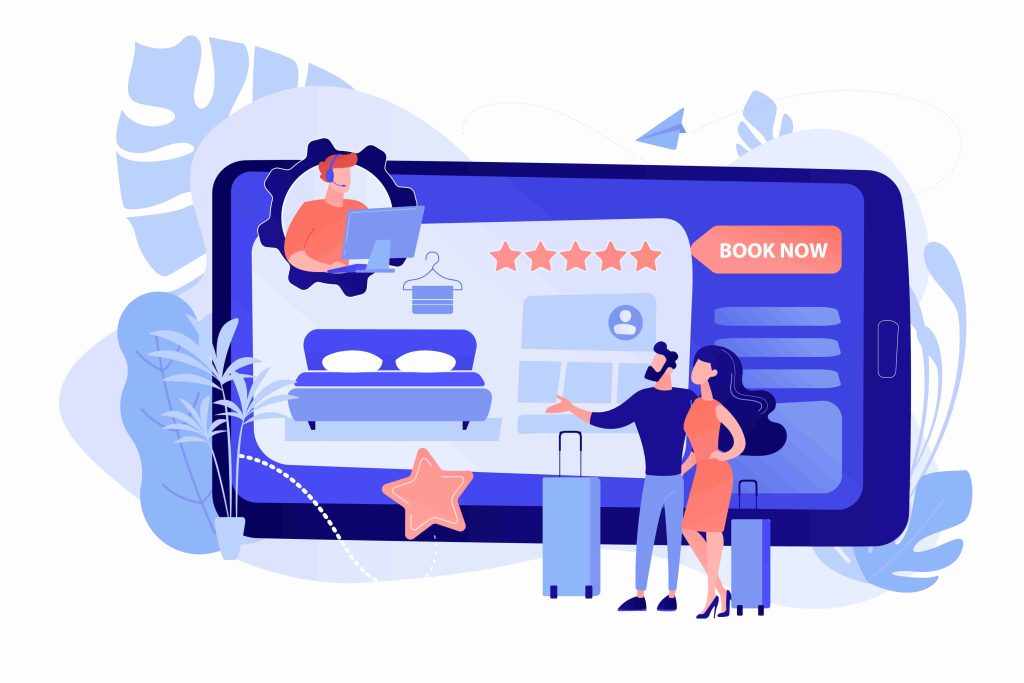
AI-powered apps streamline communication by connecting guests and staff instantly. Guests can make service requests or ask questions through user-friendly interfaces, while staff use centralized platforms to coordinate tasks and updates. This enhances response times, minimizes errors, and ensures seamless service delivery throughout the guest’s stay.
Case Studies
Hotels worldwide are leveraging AI-powered apps to redefine their services. For example, Marriott’s AI chatbot simplifies bookings and customer inquiries, while Hilton’s “Connie,” a robot concierge, enhances the guest experience by providing personalized recommendations and hotel information. These innovations highlight how AI can successfully integrate into hospitality operations.
Benefits for Hotels
AI-powered service apps bring a wealth of advantages to the hospitality industry, driving operational efficiency and guest satisfaction. By automating routine tasks such as check-ins, housekeeping scheduling, and billing, these apps free up staff to focus on providing personalized and high-value services. Cost savings are another significant benefit, as AI reduces labor costs, optimizes energy usage, and minimizes expenses associated with errors or downtime. Moreover, personalized services enabled by AI enhance guest satisfaction, leading to better reviews, stronger loyalty, and increased repeat bookings. With these benefits, hotels can position themselves for long-term success in an increasingly competitive market.
Challenges and Considerations
While AI offers numerous benefits, implementing it comes with challenges. Initial investment costs for software and hardware can be significant, and maintaining data privacy remains a top priority. Additionally, staff need proper training to adapt to AI-driven processes and use them effectively without feeling displaced.
Conclusion
AI-powered service apps are revolutionizing the hospitality industry, enabling hotels to operate more efficiently while delivering exceptional guest experiences. By adopting these technologies, hotels can not only stay competitive but also pave the way for sustainable growth in an ever-evolving market. The future of hospitality lies in embracing AI to balance efficiency, personalization, and innovation.

 Telegram
Telegram Whatsapp
Whatsapp Messenger
Messenger




